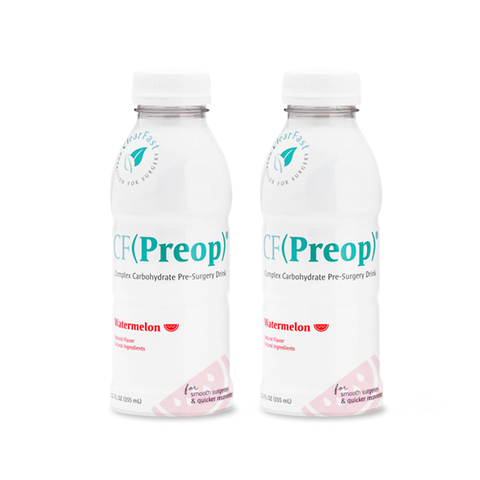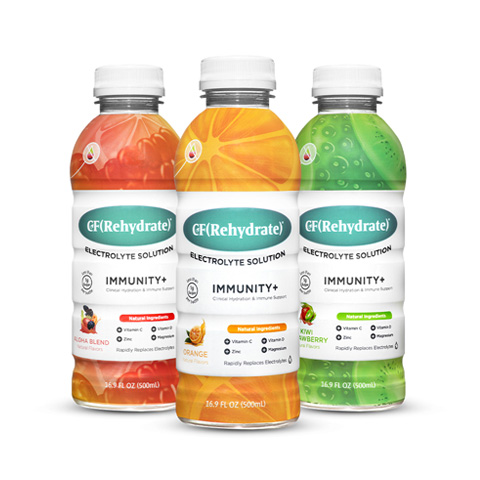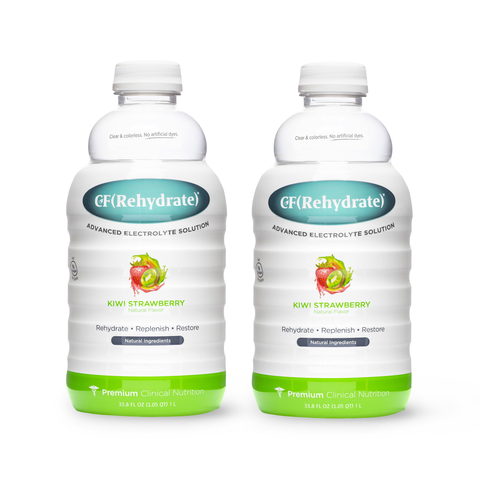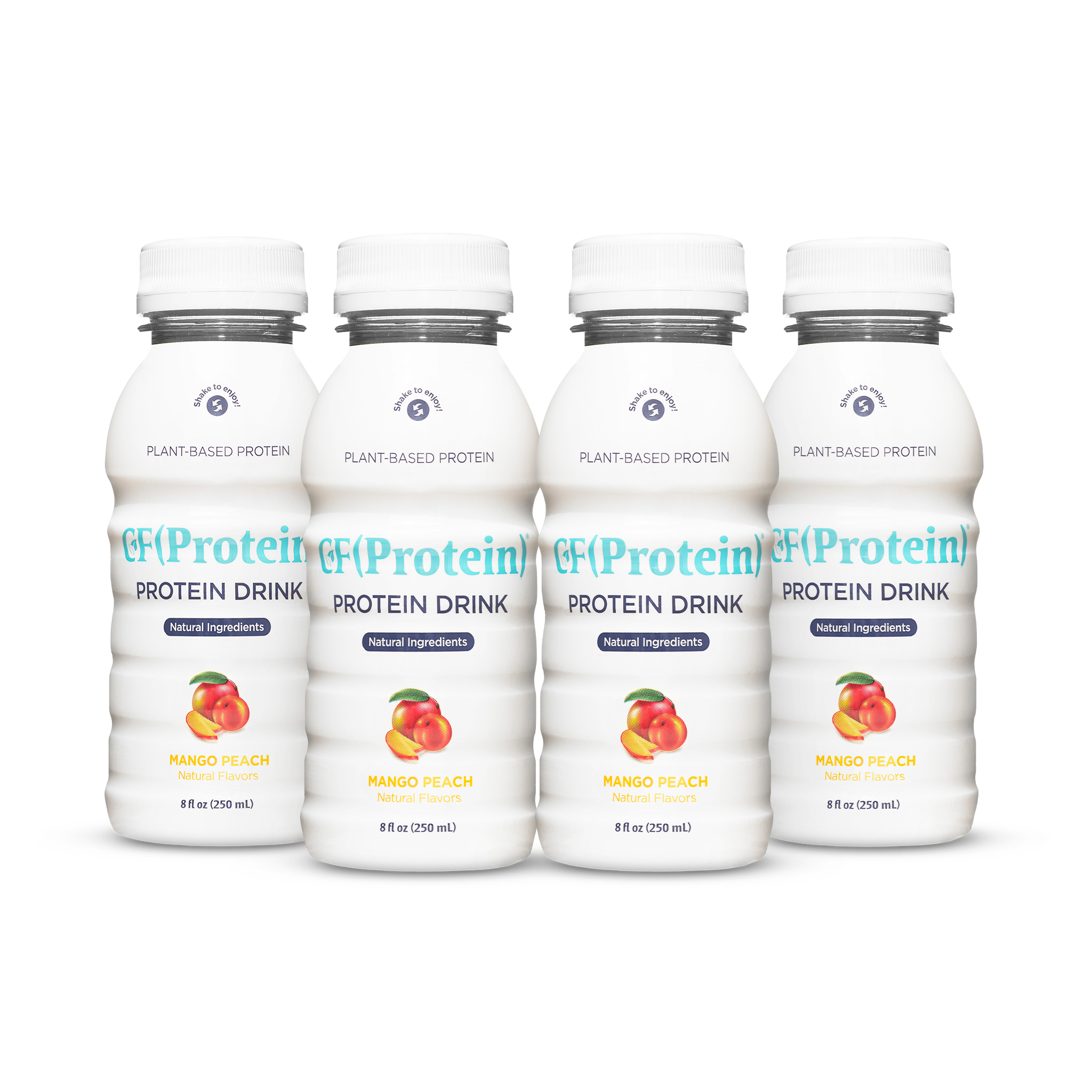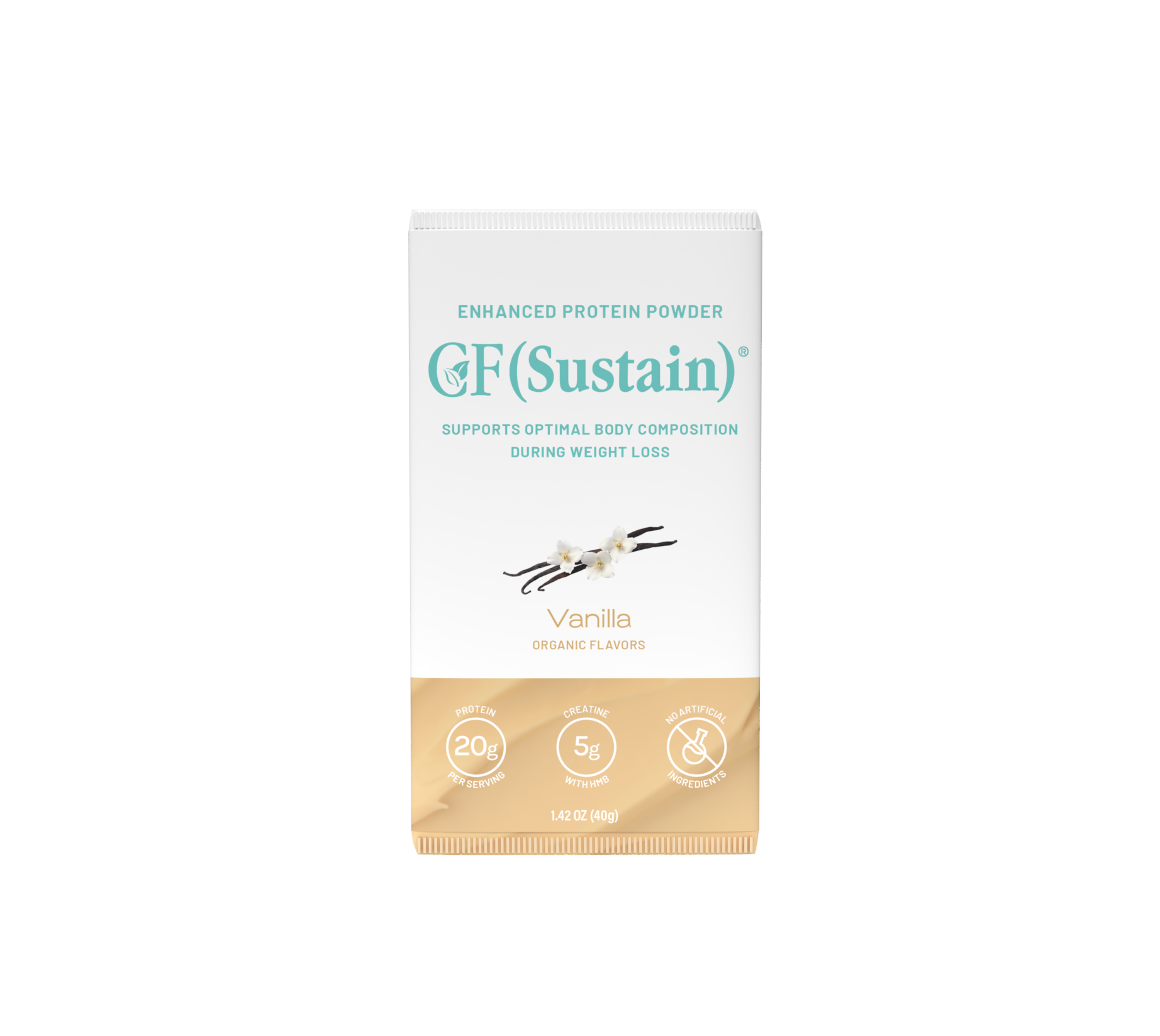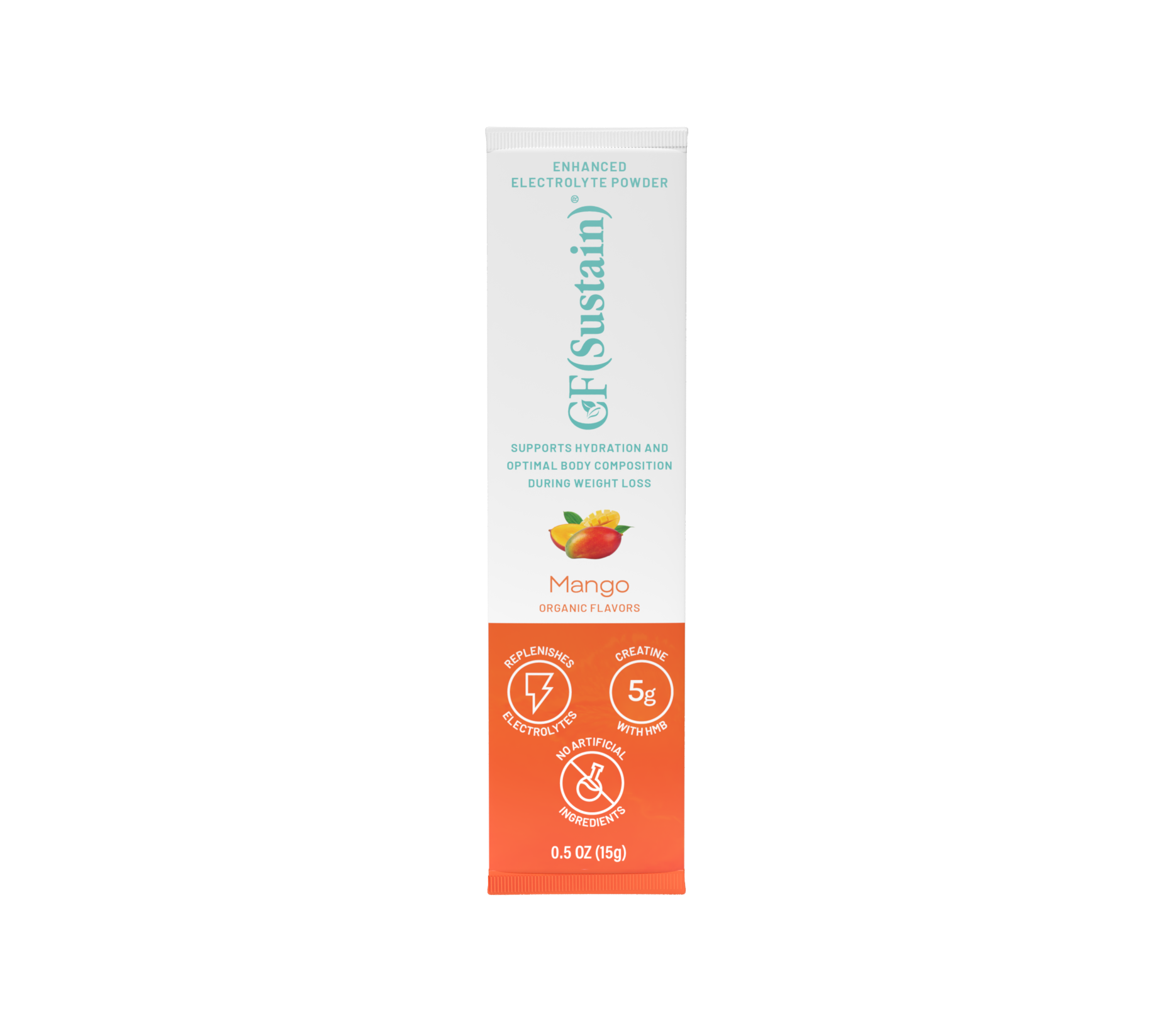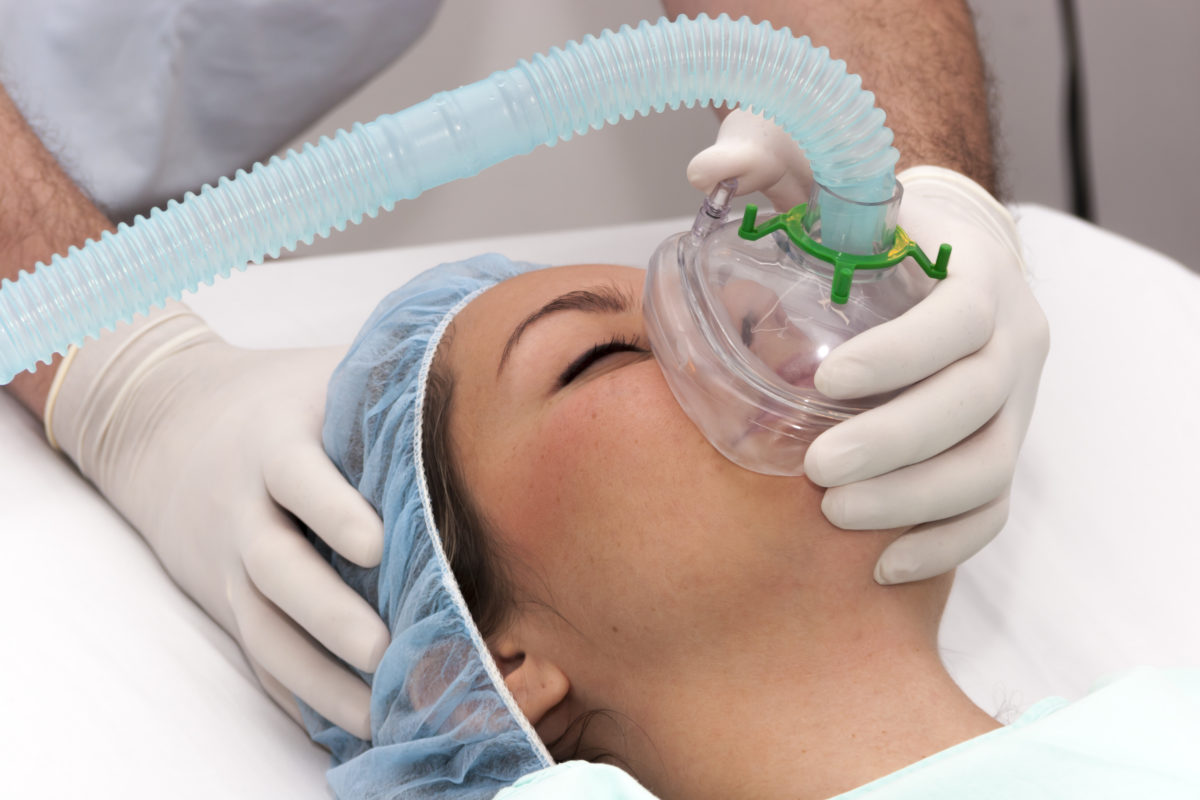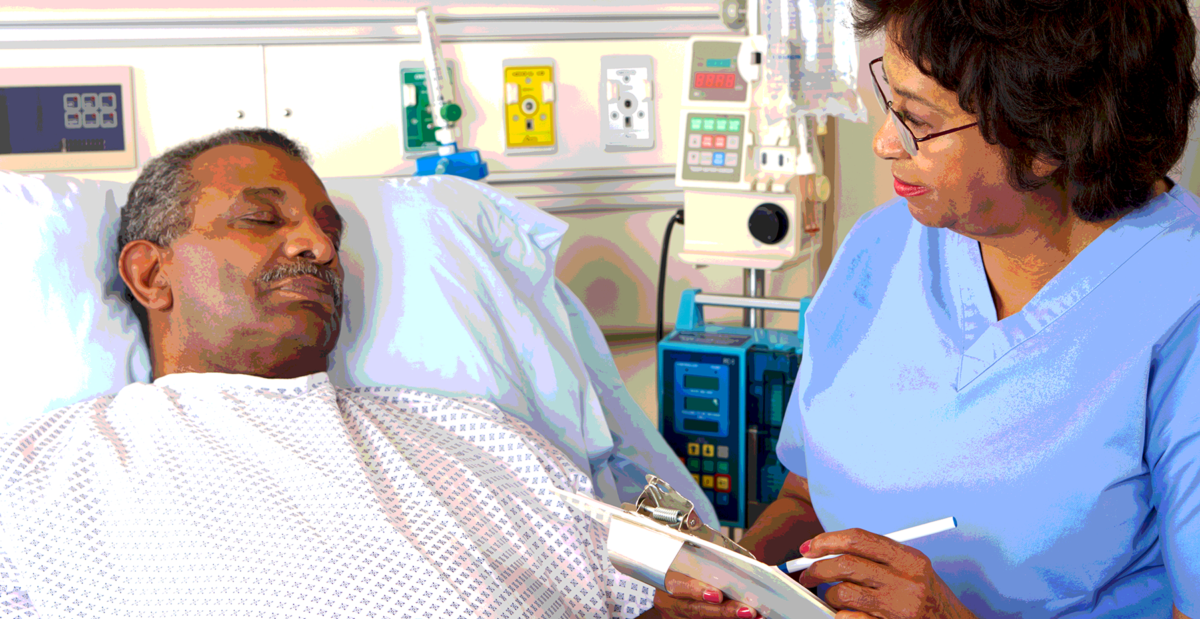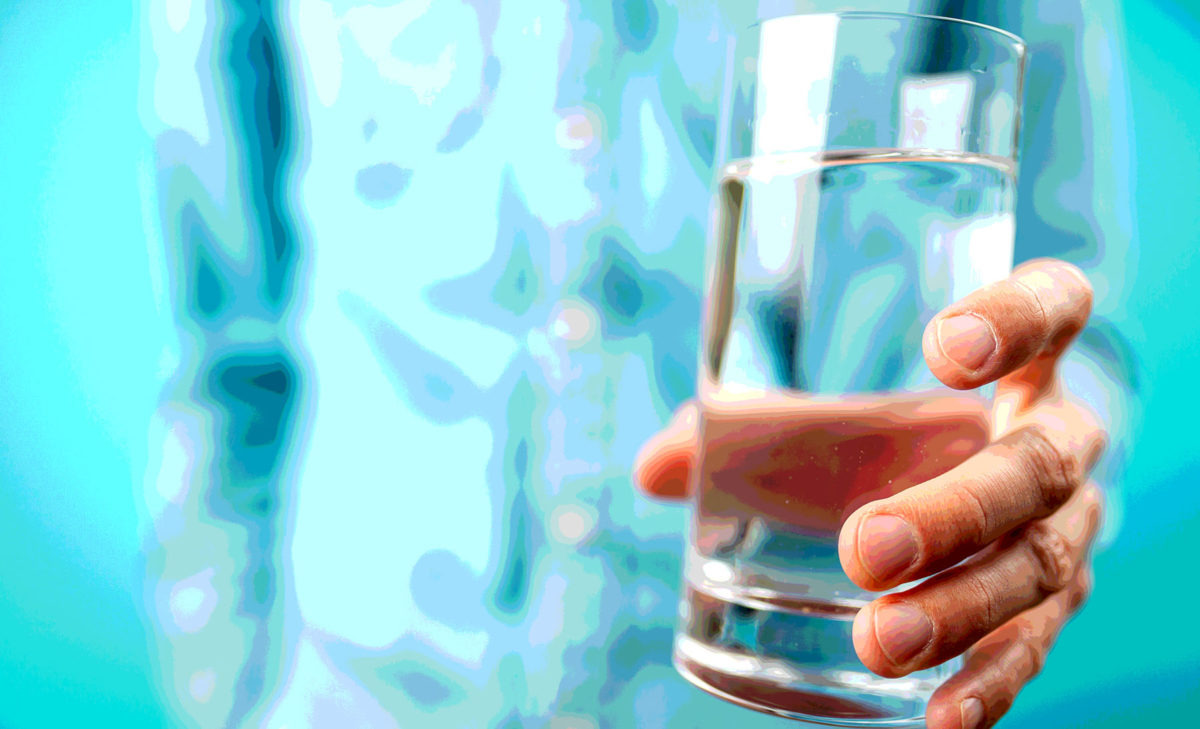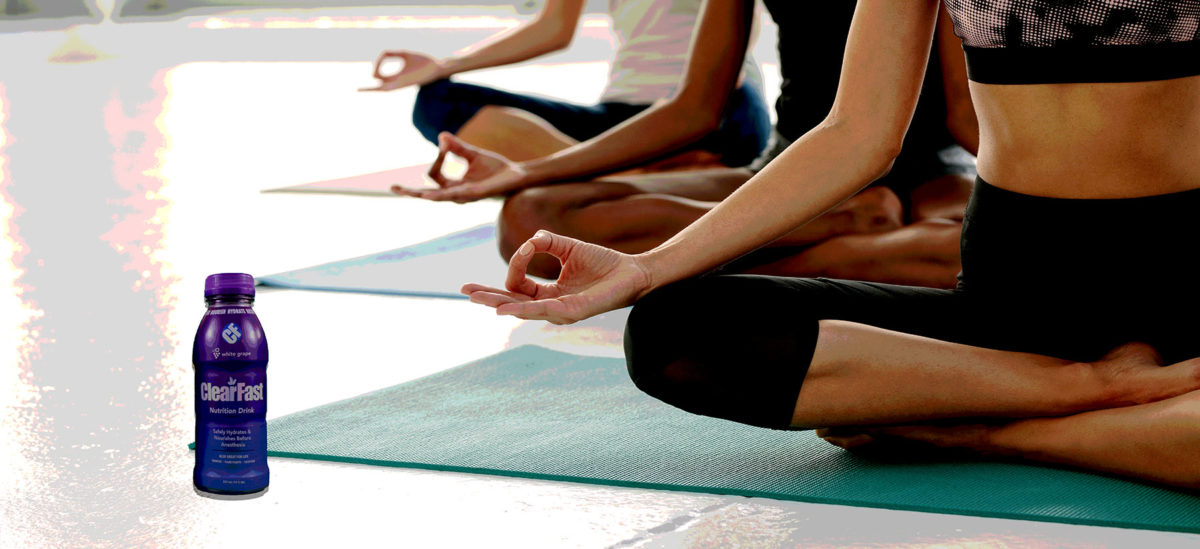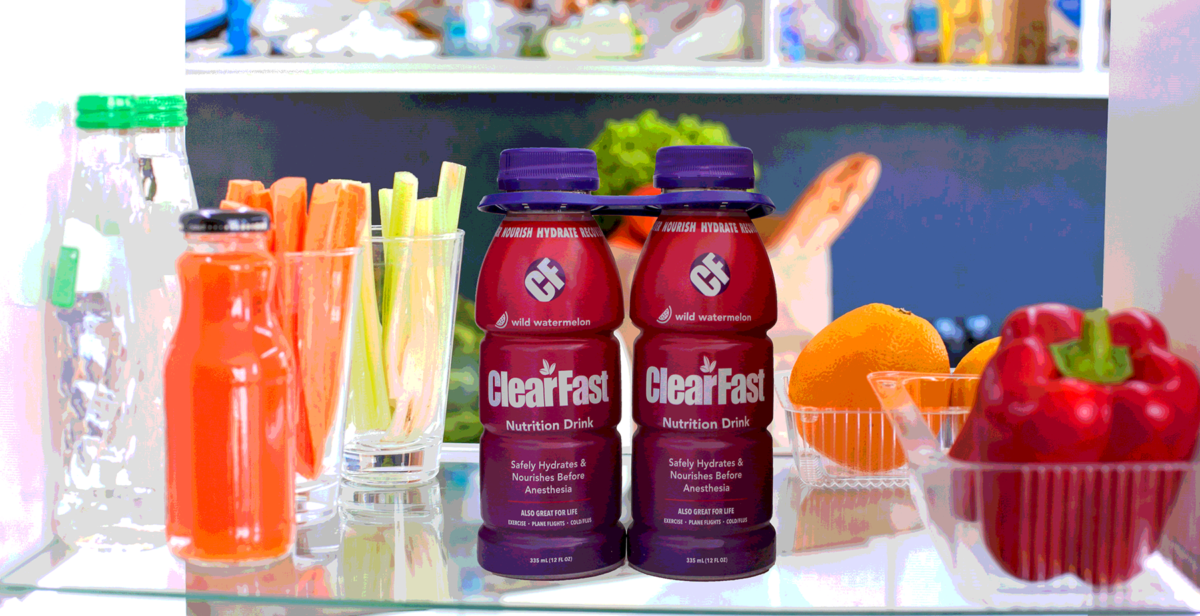At ClearFast, we’re firm believers in showing surgery who’s boss—and a huge part of that patient empowerment lies in knowledge. The more you know about what to expect and how to prepare, afterall, the stronger and faster you’ll recover. Today, then, we’re adding to your pre-surgery knowledge box with a clear-and-simple breakdown of the different types of anesthesia and what you should know about each. Read on!
Types of Anesthesia:
- General Anesthesia
- What to know: When you think of “going under”, this is probably the type of anesthesia you’re thinking about. The most common of all the different types of anesthesia, general anesthesia causes you to completely lose consciousness and may be administered through an IV, or through a breathing mask or oxygen tube. When you’re “out” under general anesthesia, your brain doesn’t respond to reflexes or pain signals. Keep in mind that, in one out of every three patients, general anesthesia causes postoperative nausea and vomiting (PONV), which you can combat by drinking our presurgery drink CF PreOp up to two hours before your procedure.
- What it’s used for: When it comes to types of anesthesia, general anesthesia is the one that’s most commonly used for any “major” procedure. This could mean anything from open-heart surgery to an ACL replacement.
- Local Anesthesia
- What to know: Like its name implies, local anesthesia simply numbs a certain part of your body. It doesn’t affect your mental state or “knock you out” the way general anesthesia does. If you’re administered local anesthesia, the part of your body the physician is addressing will be completely numb, but you will still remain conscious and awake. Physicians use local anesthesia when they can perform the operation quickly and without the need to have muscles in the body relaxed.
- What it’s used for: Local anesthesia is used for minor, localized procedures—like getting stitches, having a mole removed, having something biopsied, or undergoing dental surgery.
- Regional Anesthesia
- What to know: A category that includes spinal anesthesia, epidural anesthesia, and nerve blocks, regional anesthesia numbs a large part of the body without rendering you unconscious. It works by injecting a local anesthesia near nerves or nerve clusters, ultimately affecting an entire part of the body. If used on its own, you’ll be awake during surgery—but, for certain procedures, anesthesiologists may use regional anesthesia in combination with a sedative or with general anesthesia to sedate or put you out entirely you for your operation.
- What it’s used for: Regional anesthesia is most commonly used to numb women below the waist during childbirth (an epidural). It can also be used for orthopedic surgeries on a single extremity, for cesarean sections, and for gastrointestinal procedures.
—————————————
Want to learn more about how ClearFast makes for a smoother recovery? Read all about ClearFast and the science behind its ingredients here—or reach out to the ClearFast team at support@drinkcf.com if you have any questions at all!
